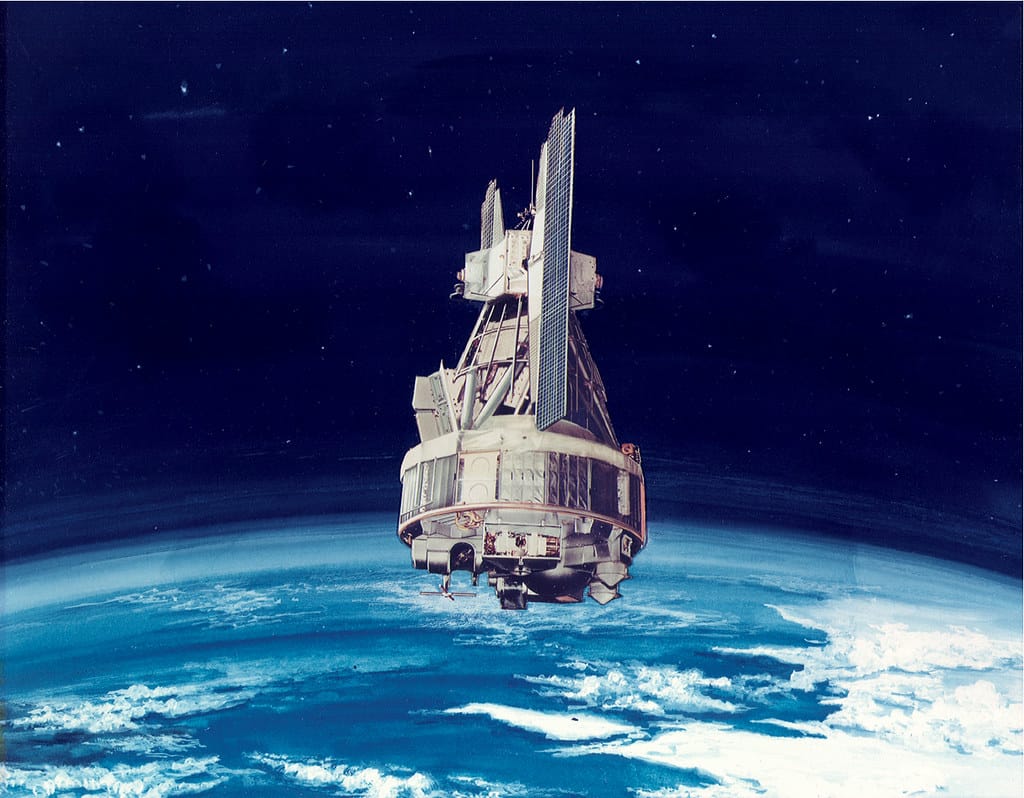Senators Sound the Alarm: Bipartisan Opposition Mounts Against Proposed NASA Budget Cuts
A growing chorus of senators from both sides of the aisle are signaling fierce resistance to potential cuts to NASA's budget, setting up what could be a significant political battle over America's space program funding. As lawmakers prepare for upcoming budget negotiations, the pushback highlights the critical role NASA plays in national security, scientific advancement, and economic competitiveness.
The Stakes Are Higher Than Ever
The timing of this opposition couldn't be more crucial. With China's rapid advancement in space capabilities and the growing commercial space sector, senators argue that cutting NASA's budget would be a strategic misstep that could undermine America's leadership in space exploration and technology development.
Senator Bill Nelson, a former NASA astronaut and current chair of the Senate Commerce, Science, and Transportation Committee, has been particularly vocal about maintaining robust funding levels. "We cannot afford to cede our advantage in space to other nations," Nelson stated during recent committee hearings. "NASA's work isn't just about exploration—it's about maintaining our technological edge and national security."
Economic Impact Beyond the Launch Pad
The economic implications of NASA cuts extend far beyond the space agency itself. NASA's activities generate significant economic activity across multiple states, with the agency's annual budget of approximately $25 billion supporting hundreds of thousands of jobs in aerospace, engineering, and related industries.
Key Economic Drivers Include:
- Direct employment of over 17,000 NASA civil servants
- Support for an estimated 312,000 jobs across the aerospace industry
- Contracts with over 3,000 companies in all 50 states
- Technology transfer programs that have generated over $7 billion in revenue
States like Florida, Texas, Alabama, and California—home to major NASA facilities—stand to lose significant economic activity if budget cuts materialize. This geographic spread of NASA's economic impact helps explain why opposition to cuts is emerging from senators representing diverse constituencies.
National Security Concerns Drive Opposition
Beyond economic considerations, senators are increasingly framing NASA funding as a national security issue. The agency's role in monitoring space debris, tracking potentially hazardous asteroids, and developing technologies that support military space operations makes it integral to America's defense infrastructure.
Senator Marco Rubio (R-FL) recently emphasized this point: "NASA's work in space situational awareness and planetary defense isn't optional—it's essential for protecting American interests both on Earth and in space."
The agency's collaboration with the Space Force and its development of technologies that have dual civilian and military applications further reinforces the national security argument against budget cuts.
Scientific Leadership at Risk
Senators are also highlighting the potential impact on America's scientific leadership. NASA's Earth science programs, which monitor climate change and natural disasters, provide critical data used by researchers worldwide. The agency's deep space missions, including the James Webb Space Telescope and Mars exploration programs, maintain America's position at the forefront of space science.
Recent successes like the DART asteroid impact mission and the ongoing Artemis program have demonstrated NASA's continued capability to achieve groundbreaking scientific and technological milestones. Senators argue that budget cuts could jeopardize these achievements and future missions.
Bipartisan Support Emerges
What makes this opposition particularly significant is its bipartisan nature. Republican senators who typically advocate for reduced government spending are joining Democrats in defending NASA's budget. This unusual alliance reflects the agency's unique position as a source of national pride and technological advancement that transcends traditional political divisions.
Senator Ted Cruz (R-TX), ranking member of the Commerce Committee's Space Subcommittee, has emphasized the importance of sustained investment: "American leadership in space requires consistent, adequate funding. Short-term budget cuts will have long-term consequences for our competitive position."
The Path Forward
As budget negotiations intensify, the senators' opposition to NASA cuts appears to be gaining momentum. The combination of economic, security, and scientific arguments creates a compelling case for maintaining or even increasing the agency's funding levels.
The ultimate test will come when specific budget proposals are debated and voted upon. However, the early signals from senators suggest that any attempt to significantly reduce NASA's budget will face substantial political resistance. For America's space program, this bipartisan support may prove crucial in maintaining the nation's leadership in the final frontier while continuing to drive innovation and economic growth here on Earth.
